
Article
The Modern Supply Chain Is Snapping
The corona virus exposes the fragility of an economy built on outsourcing and just-in-time inventory
The Atlantic,
2020
Read or listen offline
Amazon Kindle
автоматическое преобразование текста в аудио
1×
Войдите, чтобы прослушать аудиоверсию краткого изложения.
автоматическое преобразование текста в аудио
Recommendation
If you can’t find your favorite shampoo or toothpaste, blame the modern supply chain. The closing of major Chinese manufacturing sites for only a few weeks during the coronavirus outbreak laid bare how much the availability of products depends on just-in-time deliveries from the world’s manufacturing powerhouses in Asia. Writing for The Atlantic, Lizzie O’Leary explains pandemic-related weaknesses in the global supply chain and their consequences.
Summary
About the Author
Lizzie O’Leary is a writer based in New York City.
Learners who read this summary also read
Article








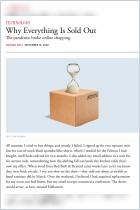
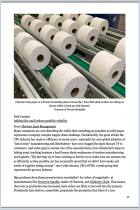
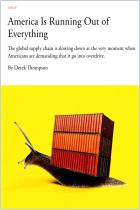
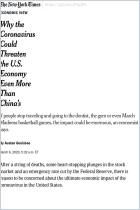
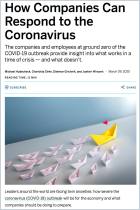





Comment on this summary or Начать обсуждение